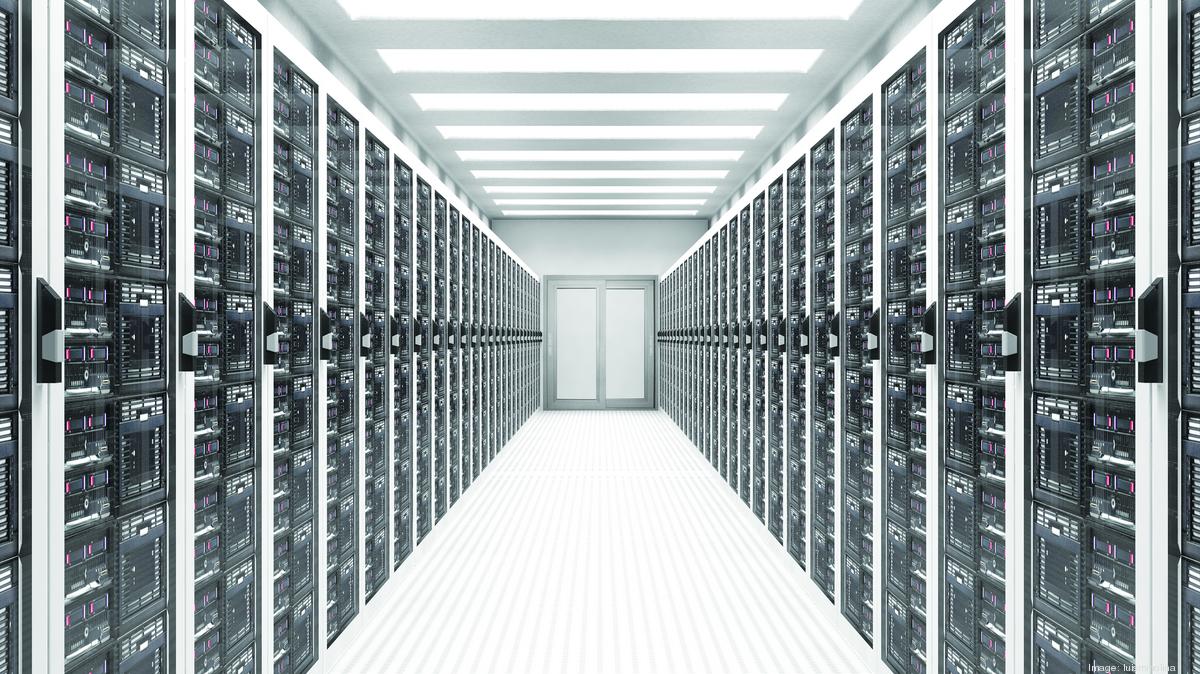With the advancement of technology, the manner in which businesses conduct due diligence and manage sensitive information has evolved tremendously. Gone are the days when crucial documents used to be shared through physical datarooms that required people to travel. Today, virtual data rooms (VDR) have become the preferred way to securely share confidential information in a structured manner digitally.
What are Virtual Data Rooms?
A virtual data room, also known as an online data room or electronic data room, is a cloud-based, online repository that allows clients to securely store, organize and access confidential information virtually via the internet. It provides a centralized online workspace with controls over who can view, download or print the documents shared.
Some key characteristics that define a virtual data room include:
– Secure online platform: VDRs are hosted on encrypted, highly secure servers to ensure maximum protection of sensitive data from unauthorized access or cyber threats.
– Flexible document sharing: Users can upload a wide variety of file formats including documents, spreadsheets, presentations, videos, audios and more to be efficiently organized and shared.
– Granular access settings: Owners can individually set permissions for each uploaded file or folder to control what specific users or groups can view, print or download. Access can also be time-bound.
– Advanced search functions: Users can seamlessly search content across the Virtual Data Room through powerful keyword, tag or category-based filters to locate relevant information quickly.
– Auditing and reporting: Owners receive detailed logs and reports on user activities like document downloads, prints or searches within the VDR for transparency and oversight.
Key Benefits of Virtual Data Rooms
Robust security
Since VDRs are hosted on dedicated, secured servers with advanced encryption and multilayer authentication, they ensure confidential information is kept private and protected from unauthorized access. This addresses key security and compliance concerns arising from sharing sensitive data digitally.
Increased efficiency
Virtual data rooms allow seamless, real-time remote collaboration without the hassles of physical travel or shipping hard copies. Users can access crucial data from anywhere on any device, leading to significant time and cost savings compared to traditional methods.
Streamlined due diligence
VDRs make the due diligence process highly organized and structured. With features like customizable folders, metadata tags and advanced search, relevant information can be systematically indexed and retrieved on-demand, accelerating deal cycles.
Enhanced audit trail
Owners of VDRs receive detailed reports on user activities, downloads, etc., providing a transparent and digitally verifiable audit trail of information flow. This helps address regulatory requirements for transactions involving sensitive data.
Risk mitigation
By eliminating physical copying, printing or sharing of files, virtual data rooms lower the risks of data leakage, loss or being compromised compared to physical rooms. They also do not face issues like damaged documents.
Sectors Adopting Virtual Data Rooms
Some key sectors that have widely embraced virtual data rooms include:
Mergers and Acquisitions
For undertaking extensive financial, technical and legal due diligence securely during M&A transactions involving multiple stakeholders. Majority of multi-million dollar M&A deals now depend on VDRs.
Real Estate
To facilitate secure sharing of property listings details, contracts, valuations, construction plans for remote viewing by potential investors and buyers.
Legal
Law firms use VDRs to securely share case evidence, client documents and correspondence between parties involved in litigation, investigations remotely.
Finance
Banks, private equity firms use VDRs to securely manage investments, facilitate financial audits, request for proposal sharing through virtual deal rooms.
Government
Departments use VDRs to share classified documents with oversight bodies during audits securely while maintaining strict information barriers.
Growing Adoption and the Future
With their enhanced security, ease of use and ability to streamline complex processes remotely, virtual data rooms have now become an indispensable collaborative platform for businesses worldwide. It is estimated that VDR usage grew by over 40% in 2021 alone. Going forward as remote or hybrid working becomes more common, dependency on virtual data rooms for sharing sensitive information in a compliant manner is expected to rise substantially. New features around artificial intelligence integration are also being explored to make VDR interfaces smarter. With continued technological advancements, virtual data rooms will keep revolutionizing the way companies securely collaborate in the digital era.
*Note:
- Source: Coherent Market Insights, Public sources, Desk research
- We have leveraged AI tools to mine information and compile it



